WellStone - Nova Center for Youth and Family

Overview
Specialized drug rehabilitation and intervention programs are available at WellStone's Nova Center Family Services in Huntsville, Alabama, to assist teenagers and their families who are struggling with substance use problems. The Nova Center offers organized outpatient therapy with the primary goal of assisting individuals 18 years of age and under in navigating the challenges of addiction. The connected New Horizons Recovery Center provides more services and care for those 19 years of age and up.
Customized treatment programs are created by Nova Center Family Services to meet the specific requirements of each patient, with a focus on developing skills to better manage and overcome drug use disorders. Their comprehensive outpatient program, which consists of group therapy sessions, is notable for being an effective support system. This promotes a feeling of community and mutual growth by enabling participants to interact with peers and mentors who are on comparable recovery pathways. For individuals who need more intensive therapy assistance, this phase of treatment lasts for several weeks. Following that, patients may easily go into regular outpatient care.
The Nova Center's robust network of referrals from many institutions, such as the juvenile justice system and other community partners, is a unique feature of their strategy. Throughout the course of therapy, family engagement is strongly encouraged, and educational tools are made available to support teenagers and their families as they walk the road to recovery. The emphasis on all-encompassing assistance makes sure that families are best prepared to help their loved ones sustain long-term recovery.
As the biggest mental health care provider in North Alabama, WellStone is a nonprofit community organization that is steadfastly dedicated to its customers' welfare. Their wide variety of services includes caring care for people of all ages, from young toddlers to senior citizens, and they serve more than 13,000 people a year in many sites, including Cullman and Huntsville. WellStone's culture is centered on empathy, commitment, and a pro-active approach to mental health treatment, and it is driven by the key principles of Caring, Committed, and Can-do.
A 17-member board of directors, including members chosen by Cullman, Madison County, Huntsville, and Cullman County local governments, oversees the institution. WellStone's strategic orientation is guaranteed to be in line with the requirements of the communities it serves according to this governance structure.
WellStone is known as a reliable leader in mental health because of its lengthy history of delivering high-quality service. Their services are tailored to their customers' changing requirements, emphasizing evidence-based therapy approaches that support resilience and recovery. In order to ensure that their comprehensive treatment not only meets the requirements of the person but also advances the general well-being of society, they place a strong emphasis on education, advocacy, and community participation.
WellStone is dedicated to maintaining patient privacy and ethical practices, and as such, it follows stringent guidelines when it comes to medical data confidentiality. Their commitment to protecting private health information is shown in their privacy policies, which are made to guarantee that every client's data is treated with the highest care.
As evidence of its commitment to the highest standards of care in drug abuse and mental health treatment, WellStone has also earned recognition from the drug Abuse and Mental Health Services Administration (SAMHSA). This certification highlights the vital role that WellStone plays in the field of behavioral healthcare, providing comprehensive, person-centered services to help people and families.
WellStone - Nova Center for Youth and Family at a Glance
Payment Options
- Cash or self-payment
- Medicaid
- Medicare
- State-financed health insurance plan other than Medicaid
- Private health insurance
Assessments
- Screening for tobacco use
- Comprehensive mental health assessment
- Comprehensive substance use assessment
- Interim services for clients
- Outreach to persons in the community
Age Groups
- Adolescents
- Children/adolescents
- Young adults
- Adults
Ancillary Services
- Intensive case management
- Case management service
- Court-ordered outpatient treatment
- Education services
- Family psychoeducation
Highlights About WellStone - Nova Center for Youth and Family
6.99/10
With an overall rating of 6.99/10, this facility has following balanced range of services. Alcohol Rehabilitation: 8.00/10, Drug Rehab and Detox: 6.00/10, Insurance and Payments: 6.00/10, Treatment Options: 7.94/10.-
Alcohol Rehabilitation 8.00
-
Treatment Options 7.94
-
Drug Rehab and Detox 6.00
-
Insurance and Payments 6.00
Accreditations
State mental health department:
State mental health department accreditation refers to the process of evaluating and certifying the quality and standards of a state's mental health department, ensuring that it provides high-quality services and meets specific criteria for mental health care. The accreditation process is performed by a third-party organization and helps to improve the overall care and treatment of individuals with mental health conditions.
Treatment At WellStone - Nova Center for Youth and Family
Treatment Conditions
- Alcoholism
- Mental health treatment
- Substance use treatment
- Co-occurring Disorders
- Opioid Treatement
Care Levels
- Partial Hospitalization Program
- Outpatient
- Intensive outpatient treatment
- Regular outpatient treatment
- Aftercare
Treatment Modalities
- Individual psychotherapy
- Couples/family therapy
- Cognitive behavioral therapy
- Dialectical behavior therapy
- Integrated Mental and Substance Use Disorder treatment
Ancillary Services
Languages
- Sign language services for the deaf and hard of hearing
Additional Services
- Pharmacotherapies administered during treatment
- Mentoring/peer support
- Drug or alcohol urine screening
Special Programs
- Clients with co-occurring mental and substance use disorders
- Criminal justice (other than DUI/DWI)/Forensic clients
- Persons experiencing first-episode psychosis
Get Help Now
Common Questions About WellStone - Nova Center for Youth and Family
Contact Information
Other Facilities in Huntsville

6.62

6.86

6.78
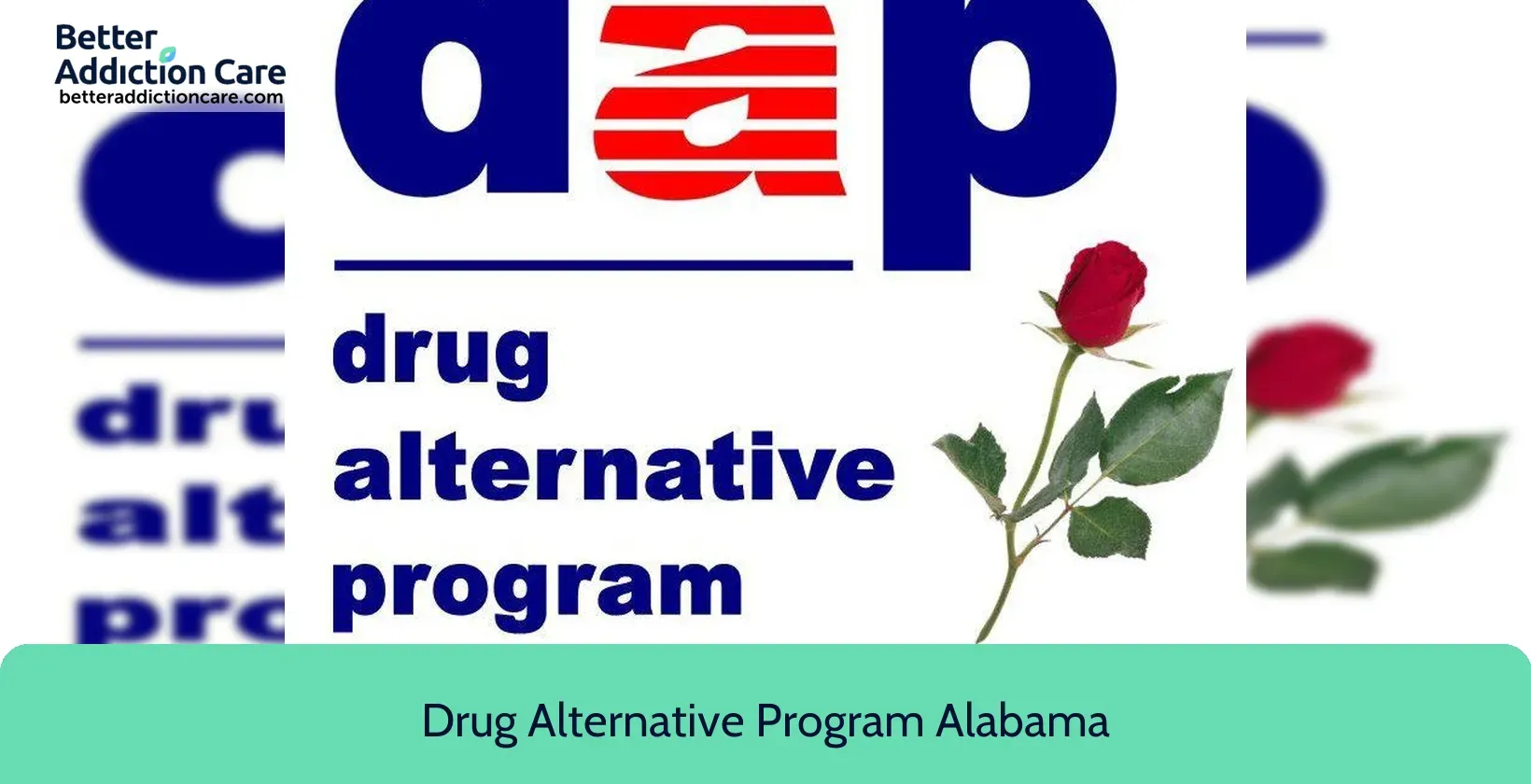
6.77
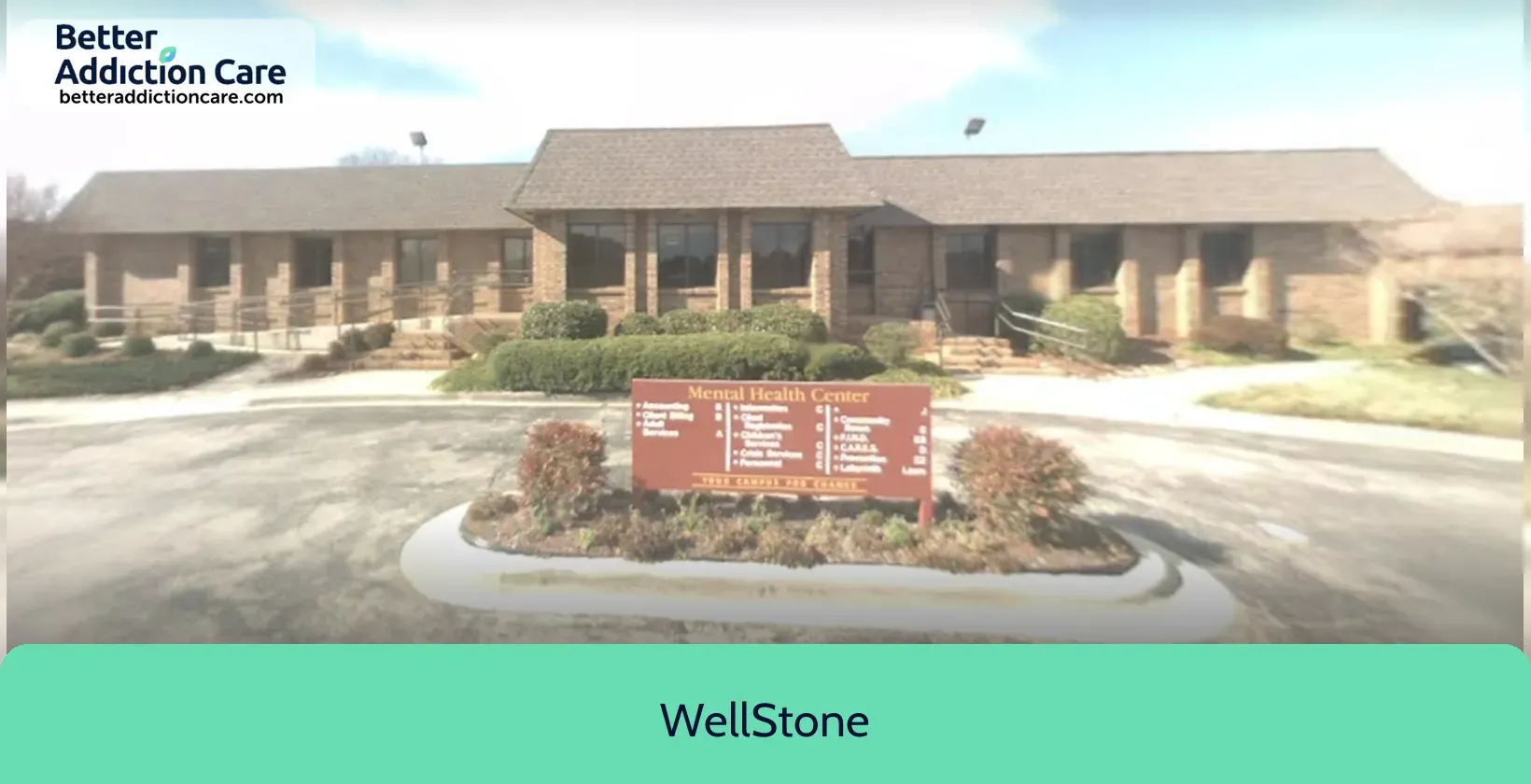
7.51
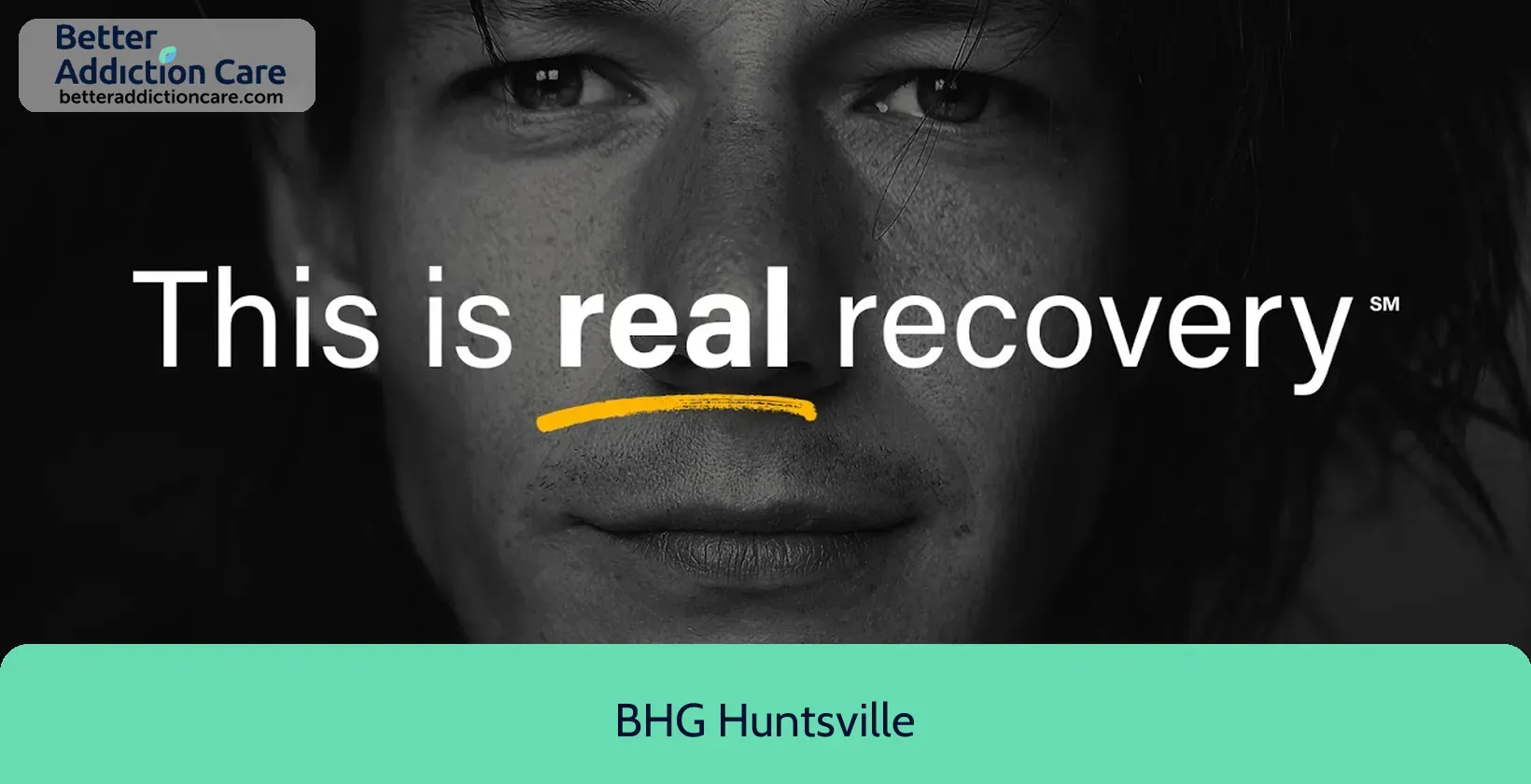
7.30
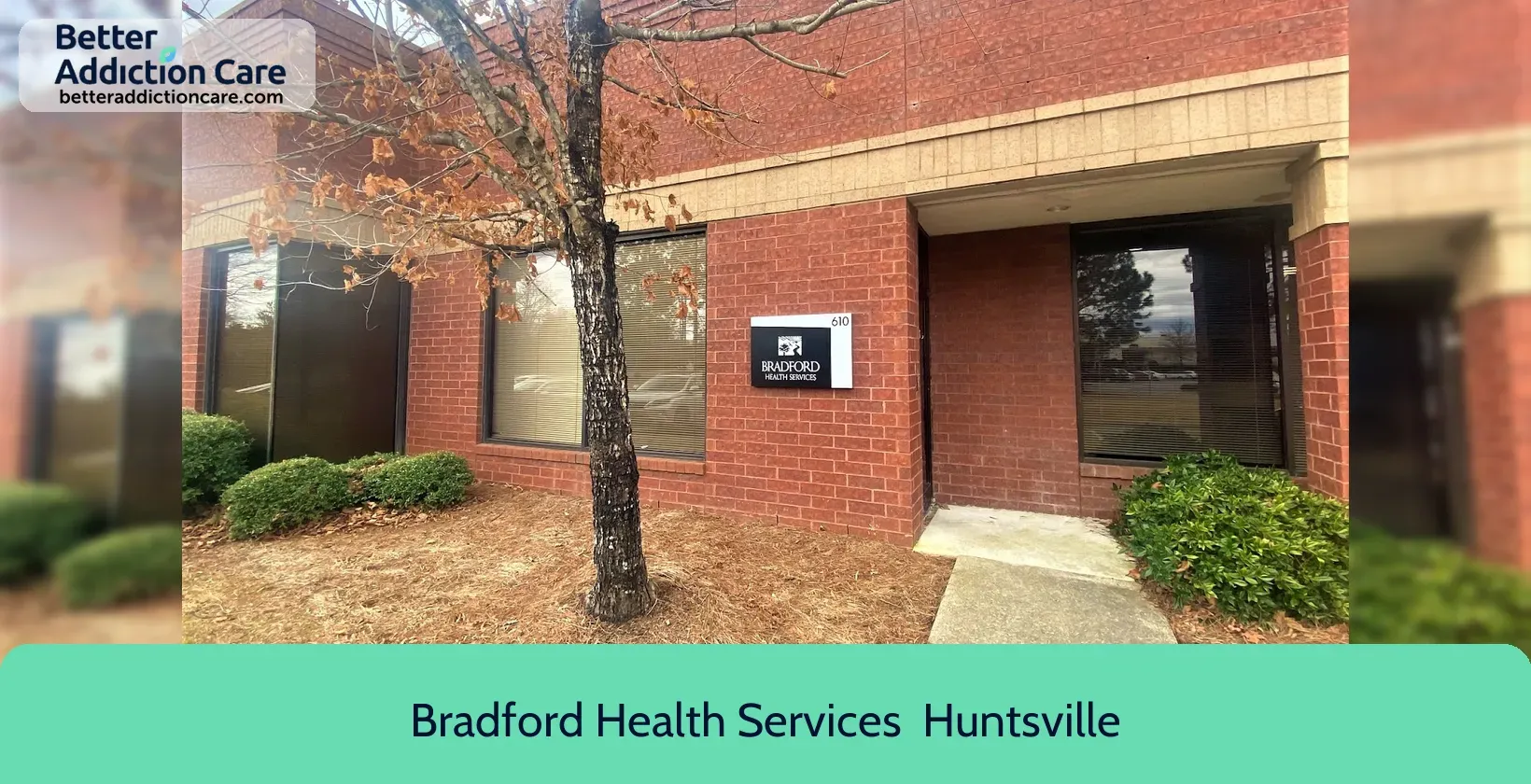
7.45
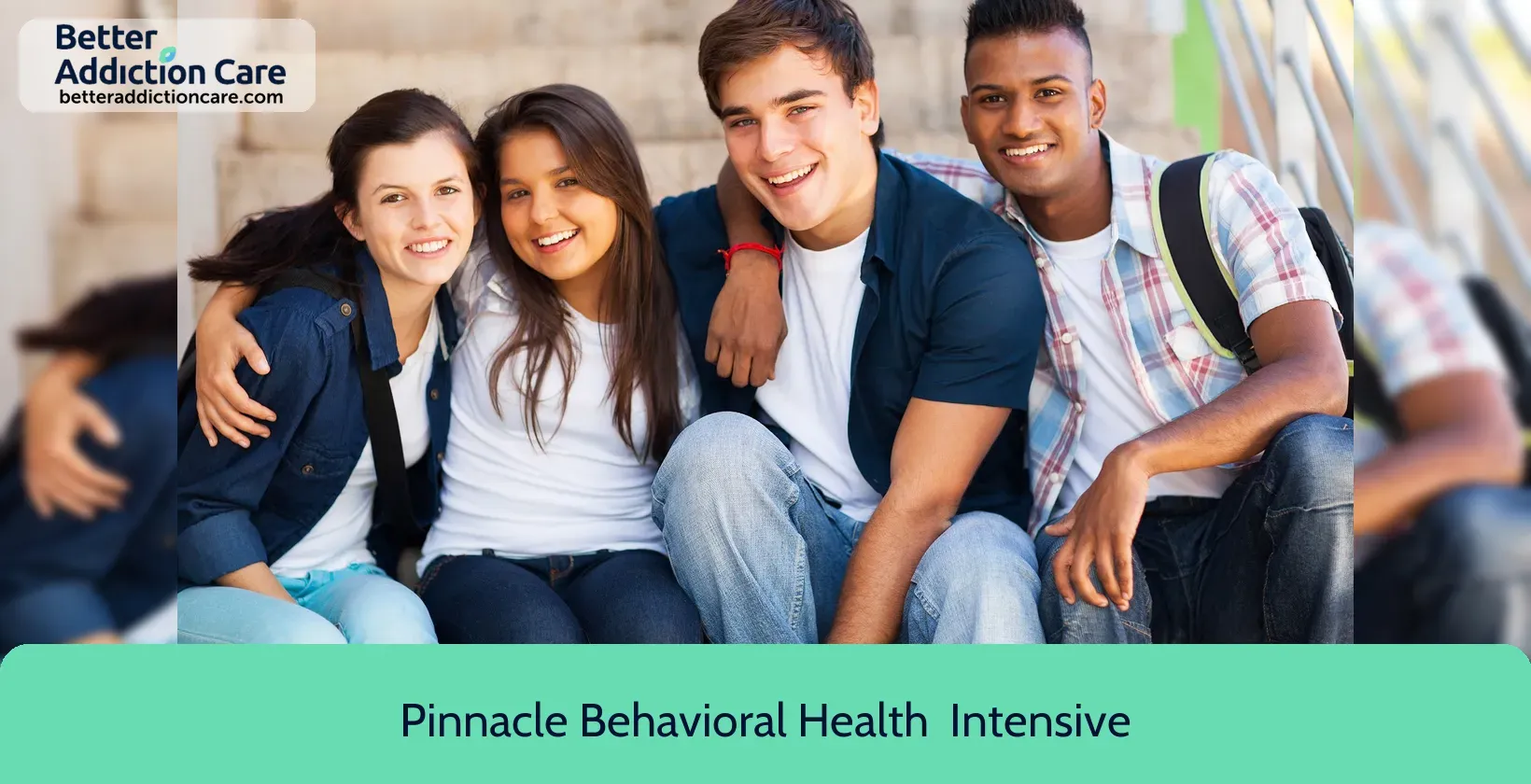
6.65
Browse rehab centers near Huntsville and in other cities across Alabama
DISCLAIMER: The facility name, logo and brand are the property and registered trademarks of Pinnacle Behavioral Health - Intensive Outpatient Program, and are being used for identification and informational purposes only. Use of these names, logos and brands shall not imply endorsement. BetterAddictionCare.com is not affiliated with or sponsored by Pinnacle Behavioral Health - Intensive Outpatient Program.
